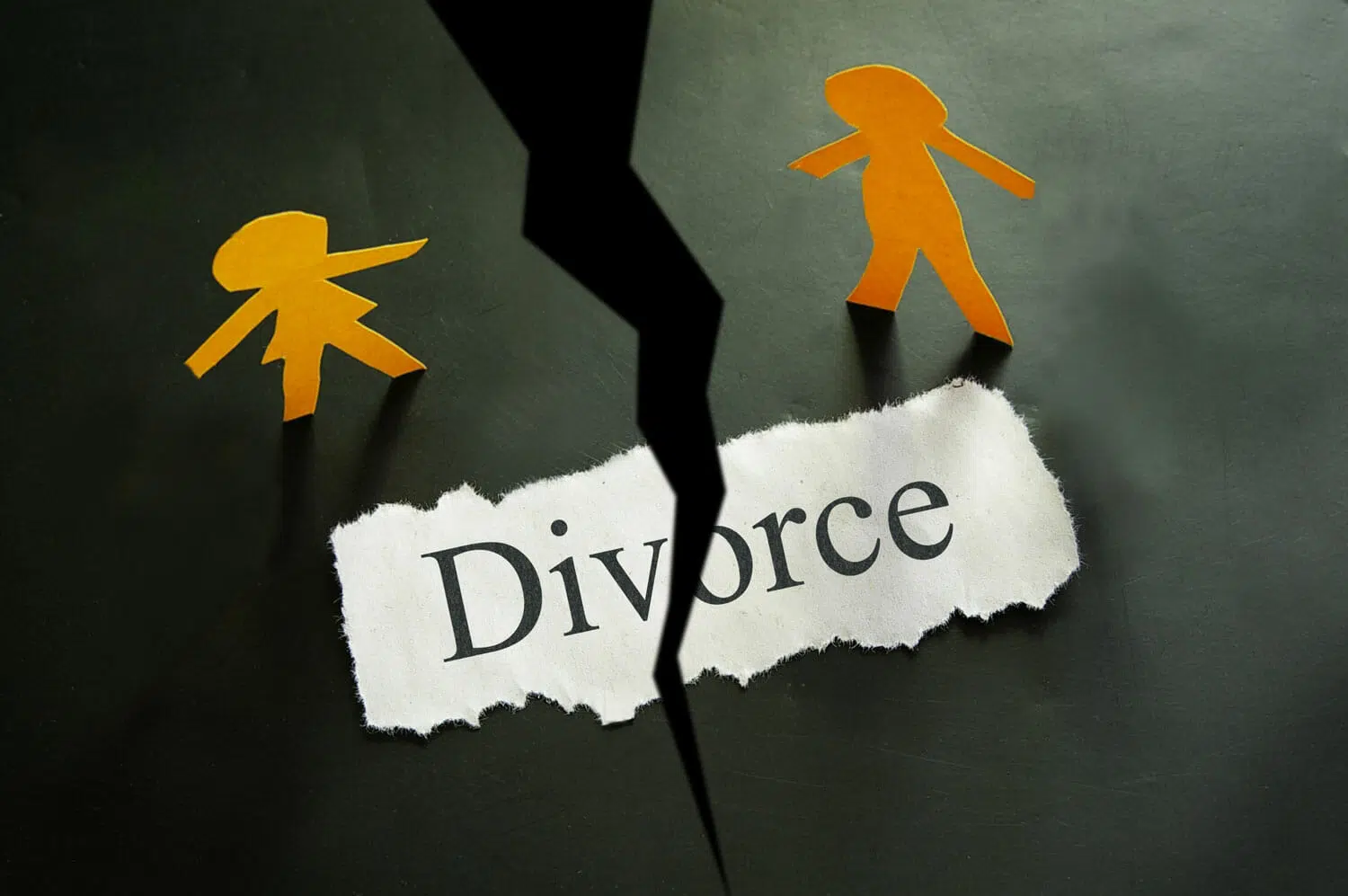The official ball point pen of the U.S. Government is the Skilcraft®, the result of a 16-page federal specifications document. Yup, the federal government cranked out 16 pages of excruciating detail for a pen. Does it surprise anyone, then, that subtleties exist in the law that make terms like uncontested divorce different from no-fault divorce? We are here to clarify your confusion, and we do not need 16 pages to do it. (Psst — we didn’t write the original of this piece with a Skilcraft, either!)
Uncontested Divorce
In Virginia, you and your exiting wife can agree ahead of meeting with attorneys and showing up in Circuit Court to the terms of your divorce. You agree on every major and minor detail:
- Property settlement
- Financial divisions
- Children and visitation
- Spousal support
- Child support
Nothing is left to chance or disagreement. This is an uncontested divorce, in which both sides agree to run out the clock (six months separation with no children; one year separation with children) and then file for divorce.
Virginia courts love uncontested divorce. You and your egressing wife are simply asking a Virginia judge to put a stamp of legal approval on your decision. The courts love it so much, they put together a handy manual to help you!
The opposite of an uncontested divorce, naturally, is a contested divorce. You deny her charges of cruelty. She denies she deserted the family. You do not agree on who gets the lifetime membership at the Steins Unlimited Museum in Pamplin. She wants 95 percent of your retirement income.
When two parties do not agree on the terms of their divorce, it is a contested divorce. The contention could be over any aspect of your lives together — children, money, real estate, personal property, who destroyed the marriage — but the point is, you contest the divorce. You could even fight to maintain the marriage, saying you refuse to give up.
No-Fault Divorce
Divorce in Virginia allows couples to admit no blame for the dissolution of the marriage. Neither of you accepts blame or casts aspersions on the other. Your marriage does not work; you are exhausted by trying to pretend it does.
In a no-fault divorce, neither party accuses the other of fatal, legally perilous flaws outlined in Virginia Code § 20-91:
- Adultery
- Sodomy outside of marriage (it’s fine if you both consent)
- Buggery outside of marriage (though animals by logic cannot consent)
- Cruelty
- Threatening harm to the other
- Incarceration for one year
- Desertion
- Abandonment
Rather, the two of you allow the marriage to fizzle out. You live apart for six months (if your marriage produced no children) or a year (with children), file for divorce, and declare neither of you is at fault.
Permutations
The various combinations of contested, uncontested, fault, and no-fault divorce produce what mathematicians would call a matrix:
| Contested, fault-grounds divorce | Uncontested, fault-grounds divorce |
| Uncontested, no-fault divorce | Contested, no-fault divorce |
You and your departing wife could agree on who was at fault (she committed adultery with that guy, for example), but not agree on terms of the divorce. You have a contested, fault-grounds divorce.
She could break your heart through drug addiction, adultery, sodomy, buggery, cruelty, abandonment, or incarceration (fault-grounds) and you simply want out, agreeing to any terms (uncontested).
You could both agree you are simply exhausted and want to call it quits (no-fault), and also agree on terms (uncontested).
Or you could feel exhausted (no-fault) by the burden of your marriage, but not agree on terms (contested) as to which of you gets the RV, yacht, Swiss chalet, and AutoGyro.
Bewildering, isn’t it? You could even start off with an uncontested, no-fault divorce and discover that she will not, in fact, relinquish her half of your Krueger Beer can collection. (Surely everyone knows the first beer can was sold in Richmond, right?) During the divorce proceedings, you may need to switch from uncontested to contested divorce, while still maintaining a no-fault divorce.
Not the Same
We can see now that uncontested divorce is not the same as a no-fault divorce. So your divorce could be contested or uncontested, fault or no-fault. When trying to decide exactly what you want to file for, consult a capable, knowledgeable attorney who focuses on Virginia family law.
Your attorney will hear your concerns, help you decide on a path forward, and file the appropriate paperwork. While the Virginia Beach Circuit Court is very generous to offer a do-it-yourself manual, you have much to risk by filing the wrong petition. You could be giving up important rights!
To gain clarity and confidence, partner with The Firm For Men. Contact us online or call our offices at 757-383-9184. We represent Virginia’s men and strive to preserve rights, ensure financial stability, and secure their futures. Plus, we have cool pens. Sorry, Skilcraft.

